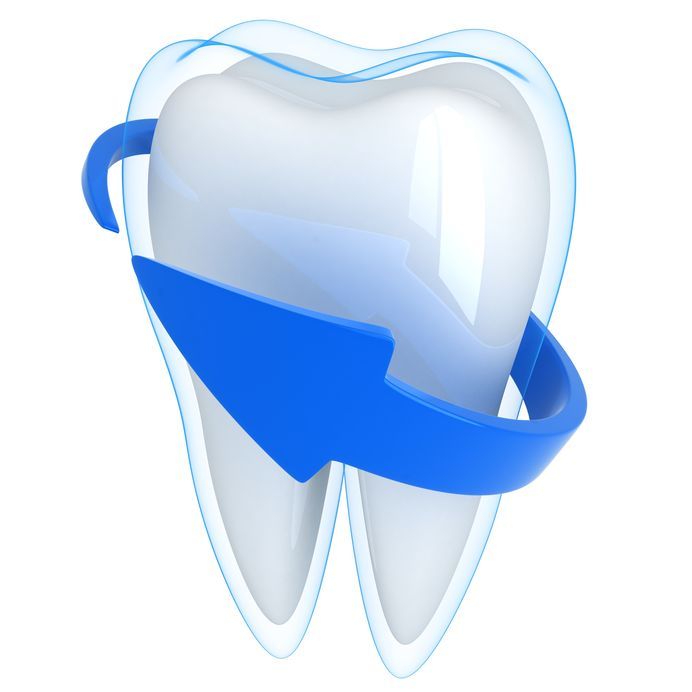Stop Chewing That Pen If You Want To Have Healthy Teeth – Habits that damage your tooth enamel
- By Mary Marks
- •
- 18 Jan, 2019
- •

A proper oral hygiene is undeniably extremely important if you want your teeth to keep their good condition throughout your lifetime. Seeing a Denver sedation dentist for a good deep cleaning is always good. However, certain habits can damage the calcium coating of the tooth, known as enamel, thus leading to tooth decay.
Excessive acid
The consumption of soft drinks, wine or fruit juices causes an increased level of acidity in the mouth, which in turn affects the enamel. Another harmful factor is the bacteria that form in the absence of a proper brushing, which secret acid. Over a prolonged period of time, cracks appear in the enamel. Tooth decay and sensitivity swiftly install.
Chipping
Most of us have used their teeth to open a package or to crack a nut. If confronted with a hard object, the enamel can get chipped, damage which is permanent. Chewing the end of a pen or grinding the teeth can also cause fractions that allow tooth decay to appear.
Dry mouth
It might seem surprising, but a constant absence of saliva increases the acid level in the mouth and erodes the enamel.
Medications
Some drugs, such as antihistamines or aspirin, introduce acid elements, which in turn attack the teeth. A frequent ingestion can prove damaging for the enamel.





Although oral sedation dentistry Highlands Ranch is one of the optionsavailable for managing anxiety and discomfort during oral surgery, you certainly do not need to use it all the time. As a matter of fact, the exact type of sedation or anesthesia that you receive during oral procedures may depend on various factors, such as the complexity of the procedure, your medical problems, as well as your doctor’s preferences.
There can be several different levels of sedation that can be used in oral surgery. Local anesthesia is one of them. This involves injecting anesthetic medication into the specific area where the surgery will take place. It numbs the area and is often used for less invasive procedures.
Oral sedation involves taking medication in the form of a pill to induce a state of relaxation and drowsiness. The patient is still conscious, but he/she may not be fully aware of the procedure. At any rate, sedation helps him/her get rid of anxiety.
In the case of intravenous sedation, medication is administered through a vein, which induces a deeper state of sedation than oral sedation. Patients may still be conscious, but they are less aware of their surroundings and may not remember the procedure.





